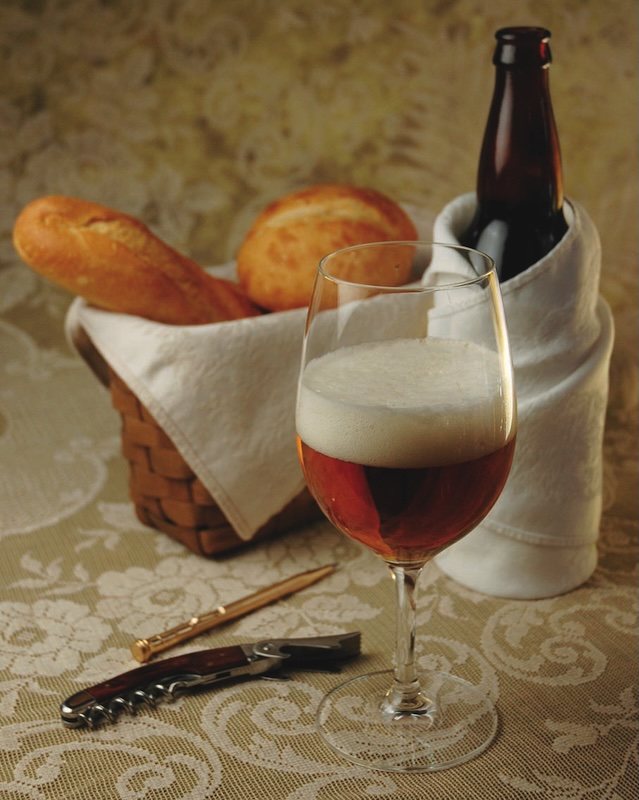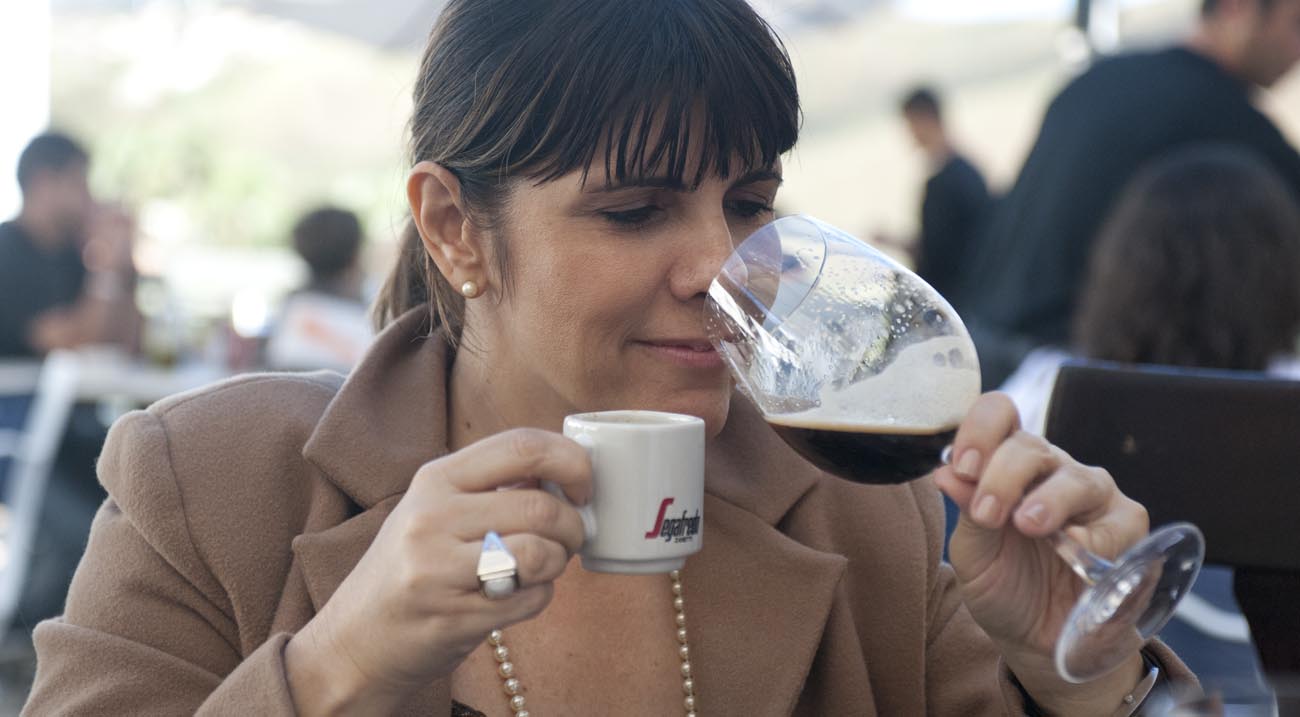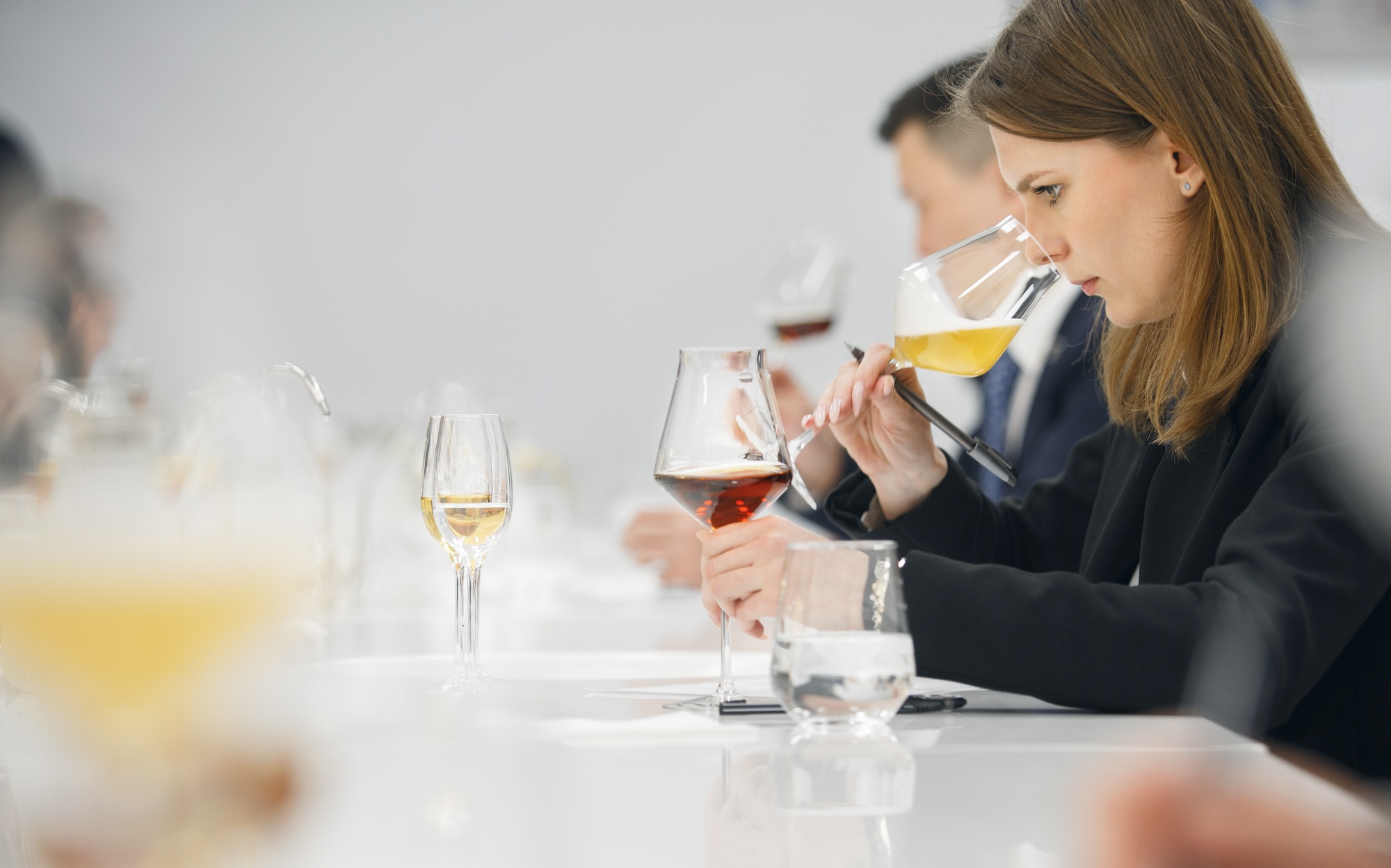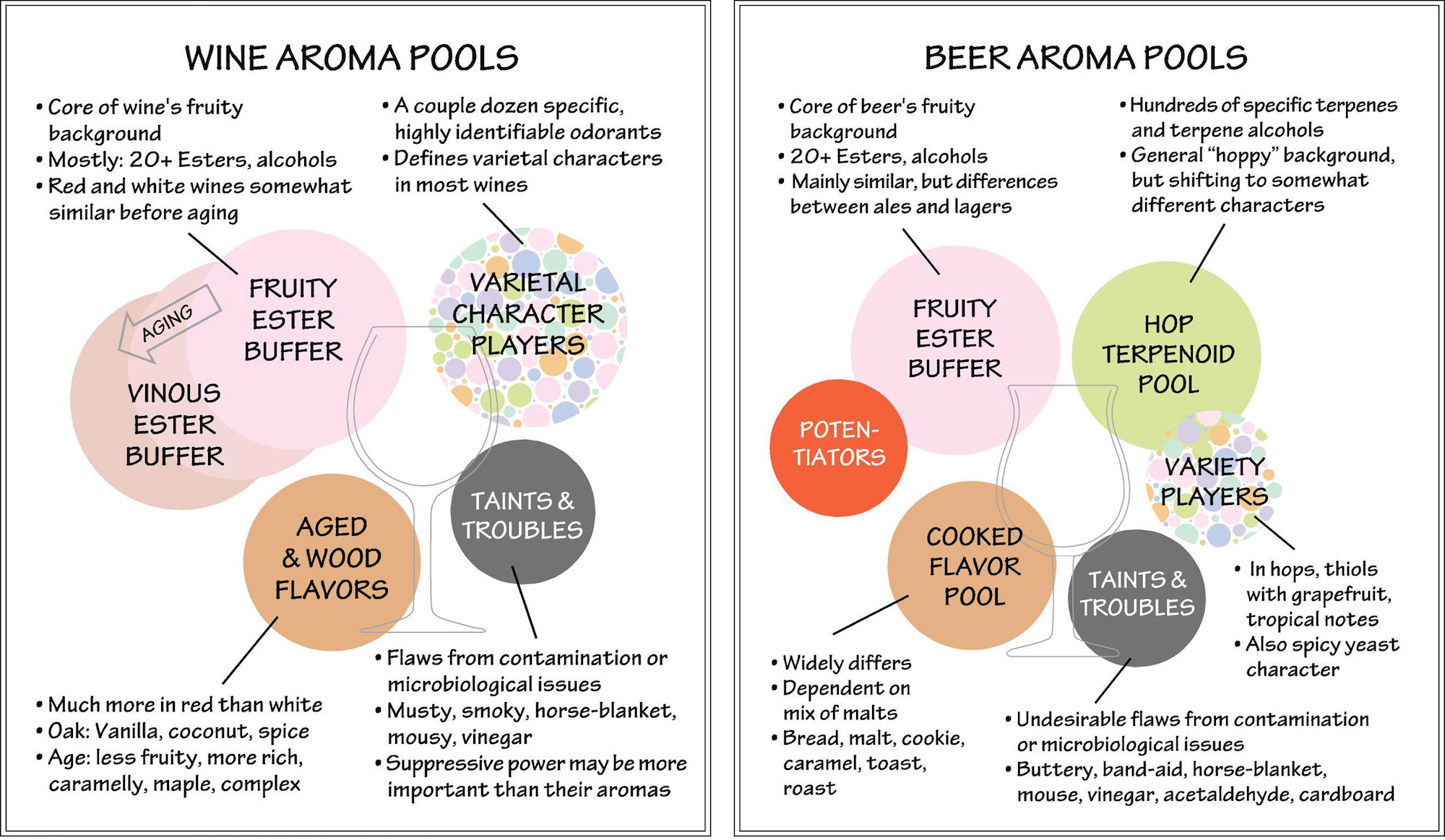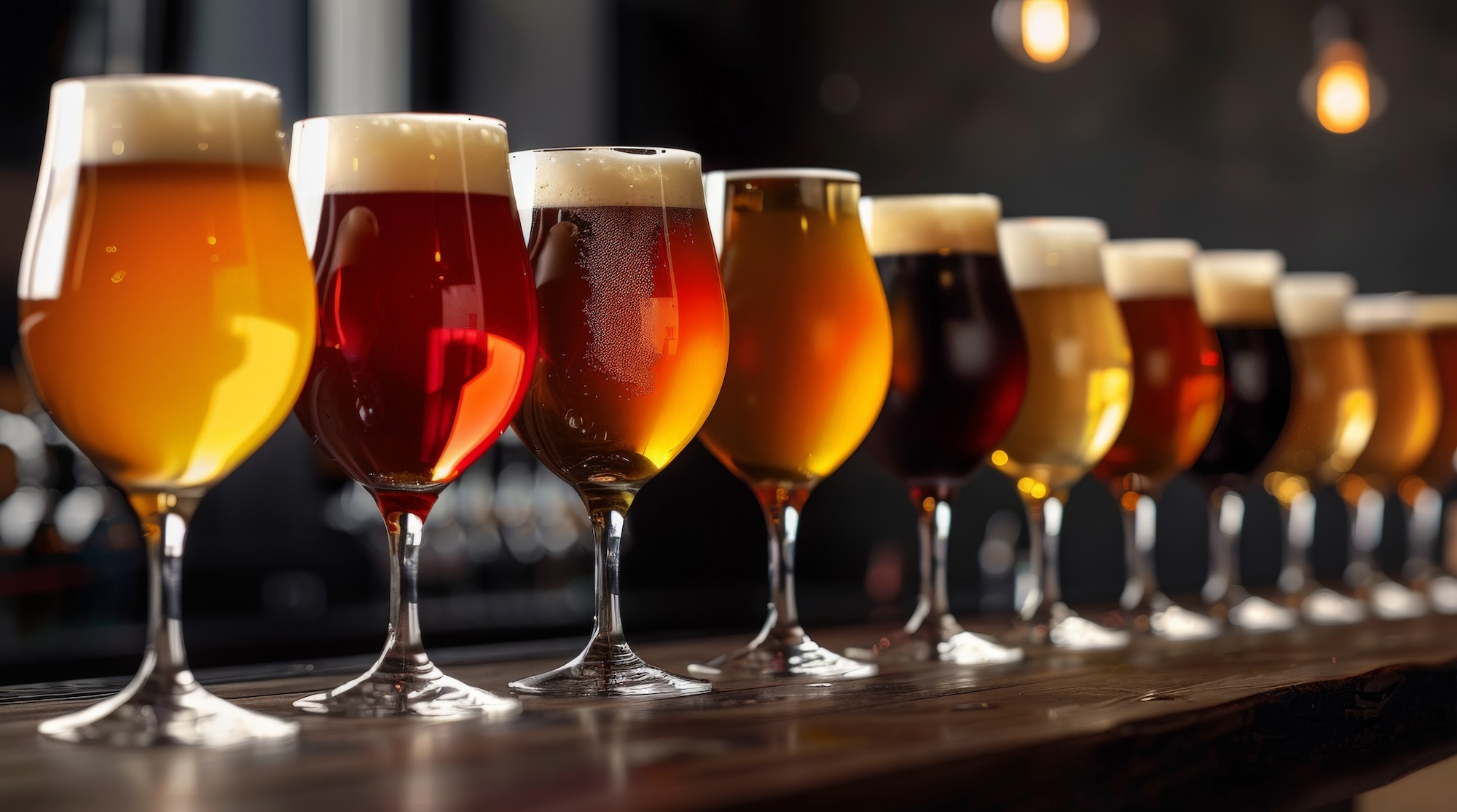The Experts: What Do They Know?
In terms of smell, humans are often denigrated as being much poorer than bears or dogs. Compared to mice, it’s true we have only a third as many working receptor types, but we have way more copies. It’s a fair bargain, because their extra receptors involuntarily control their behavior, while our cognitive brain does these tasks with far more flexibility—and free will. Each creature has its own lifestyle, and its sensory systems are adapted perfectly to it.

